Physical Education
“We believe that physical education, experienced in a safe and supportive environment, is a unique and vital contributor to a pupil's physical development and well-being. Through the selection of suitably differentiated tasks, it is intended that pupils, irrespective of their starting ability, will enjoy success and be motivated to further develop their individual potential.”
Purpose of study
A high-quality physical education curriculum inspires all pupils to enjoy, succeed and excel in both competitive and non-competitive sport as well as harbouring a thirst for fitness for life. It should provide opportunities for pupils to become physically confident in a way which supports their health (both physical and mental) and fitness. In addition, opportunities to compete in sport and other activities build character and help to embed values such as fairness and respect.
Aims
The Byker Primary School Curriculum aims to:
- Give all children the physical, emotional and thinking skills to achieve in Physical Education, sport and life.
- Advance children’s abilities to plan, perform, evaluate and improve their own skills.
- Develop the children’s knowledge, skills and understanding of Physical Education, including how to recognise and describe how their bodies feel during exercise.
- Promote the importance of respect, fair play and sportsmanship in line with our school values.
- Cultivate key fundamental movement skills; Agility, Balance and Coordination.
- Develop self-confidence and self-esteem through understanding and appreciating the capabilities of themselves and others.
- Develop the children’s personal, social, cognitive and creative skills as well as their understanding of health and fitness.
- Provide children with opportunities to compete amongst each other in a secure and comfortable environment, and offer identified children the opportunity to compete against children outside of their peer group.
- Promote an understanding of safe practice, and to develop a sense of responsibility towards their own and others' safety and well-being
Through a broad and balanced Physical Education curriculum, we encourage children to succeed in performing with increasing confidence and competence in games, gymnastics, dance, athletics, outdoor adventurous activities and swimming. Children will have the opportunity to be creative, competitive, co-operative and face different challenges as individuals, groups and teams in order to develop the social, personal and cognitive skills for life-long learning. It promotes positive attitudes towards healthy and active lifestyles as well as cultivating the fundamental skills required for each child to fulfil their potential. We place the learner at the centre of what we do with the ultimate goal of children feeling valued, included, challenged and supported in their learning.
Subject content
Key stage 1
Pupils should develop fundamental movement skills, become increasingly competent and confident and access a broad range of opportunities to extend their agility, balance and coordination, individually and with others. They should be able to engage in competitive (both against self and against others) and co-operative physical activities, in a range of increasingly challenging situations.
Pupils should be taught to:
- Master basic movements including running, jumping, throwing and catching, as well as developing balance, agility and co-ordination, and begin to apply these in a range of activities
- Participate in team games, developing simple tactics for attacking and defending
- Perform dances using simple movement patterns.
Key stage 2
Pupils should continue to apply and develop a broader range of skills, learning how to use them in different ways and to link them to make actions and sequences of movement. They should enjoy communicating, collaborating and competing with each other. They should develop an understanding of how to improve in different physical activities and sports and learn how to evaluate and recognise their own success.
Pupils should be taught to:
- Use running, jumping, throwing and catching in isolation and in combination
- Play competitive games, modified where appropriate [for example, badminton, basketball, cricket, football, hockey, netball, rounders and tennis], and apply basic principles suitable for attacking and defending
- Develop flexibility, strength, technique, control and balance [for example, through athletics and gymnastics]
- Perform dances using a range of movement patterns
- Take part in outdoor and adventurous activity challenges both individually and within a team
- Compare their performances with previous ones and demonstrate improvement to achieve their personal best.
Swimming and water safety
All schools must provide swimming instruction either in key stage 1 or key stage 2.
In particular, pupils should be taught to:
- Swim competently, confidently and proficiently over a distance of at least 25 metres
- Use a range of strokes effectively [for example, front crawl, backstroke and breaststroke]
- Perform safe self-rescue in different water-based situations
